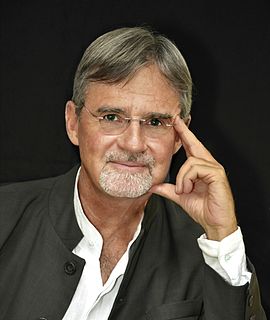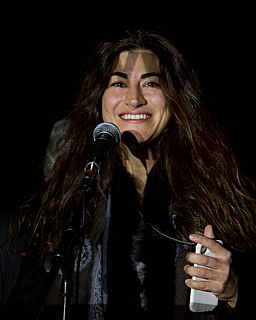A Quote by Kai Bird
My father was a Foreign Service officer, a diplomat and an Arabist who spent virtually all his career in the Near East, as it was called in the State Department. So I spent most of my childhood among the Israelis and the Arabs of Palestine, Lebanon, Saudi Arabia and Egypt.
Related Quotes
Saudi Arabia is the most fragile of all Arab states, though we're not saying so. And, unfortunately, bin Laden puts his finger on the other longstanding injustices in the Arab world: the continued occupation of Palestinian land by the Israelis; the enormous, constant Arab anger with the tens of thousands of Iraqi children who are dying under sanctions; the feelings of humiliation of millions of Arabs living under petty dictators, almost all of whom are propped up by the West.
I was born in Karachi, where my father used to work in the sales department of a pharmaceutical company. The nature of his job required him to travel, so we moved to Athens, Dubai, Saudi Arabia, and Riyadh and then went to Manchester during the Gulf War, moving back to Lahore closer to my father's retirement.
There's an early 2014 email from Hillary Clinton, not so long after she left the State Department, to her campaign manager John Podesta that states ISIL is funded by the governments of Saudi Arabia and Qatar. Now this is the most significant email in the whole collection, and perhaps because Saudi and Qatari money is spread all over the Clinton Foundation.
A decade ago, I lived in Saudi Arabia, in Riyadh, as the treasury attache to our embassy there, and I was, of course, on the ground in the Middle East whenever the Arab Spring started, and it's fast-forward a decade later, nine years later. It's hard to believe that I am still working on this issue. You know, here in the State Department.
I would recommend any American who wants to understand where the government is going in the next four years of George W. Bush presidency to get a copy of her confirmation hearings before the Senate Foreign Relations Committee. It's a road map, and it's pretty frightening testimony. Their definition of where democracy should go in the Middle East doesn't include Egypt, Jordan, Saudi Arabia, Pakistan; it only includes Iraq, Iran, and Syria.



































